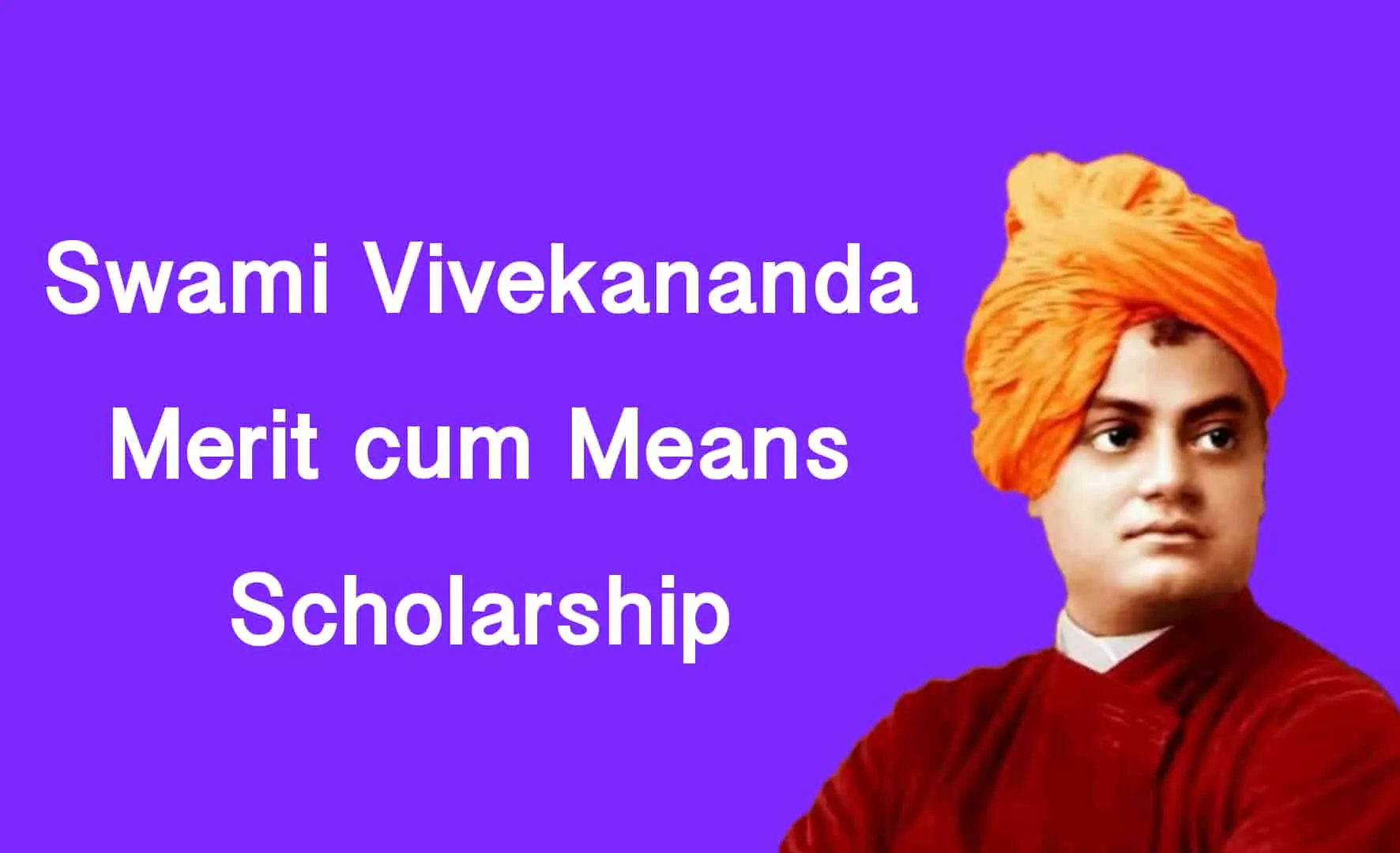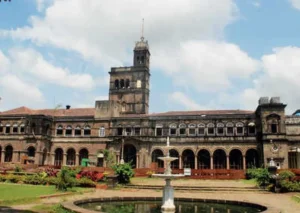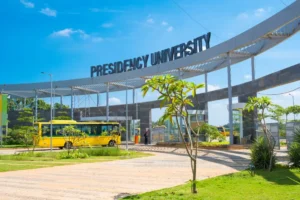Swami Vivekananda Scholarship – Swami Vivekananda, the great Indian philosopher and social reformer, believed that education was the key to unlocking the potential of individuals.
In line with this philosophy, the Government of West Bengal in India introduced the Swami Vivekananda Scholarship, which is aimed at providing financial assistance to meritorious students from economically disadvantaged backgrounds to pursue higher education.
This scholarship has had a significant impact on the lives of many students in the state of West Bengal, enabling them to fulfill their aspirations and contribute to the progress of society.
In this article, we will explore the Swami Vivekananda Scholarship in detail, including its eligibility criteria, application process, benefits, and impact.
Eligibility Criteria
To be eligible for the Swami Vivekananda Scholarship, students must meet up with certain criteria, which include:
- Students must be residents of West Bengal.
- They must be studying in a recognized educational institution in the state.
- They must have passed their last qualifying examination with at least 75% marks.
- They must come from families with an annual income of less than INR 2.5 lakhs.
- They must be pursuing undergraduate, postgraduate, or diploma courses in engineering, medical, nursing, paramedical, or other professional streams.
Application Process
The application process for the Swami Vivekananda Scholarship is online and can be completed through the official website of the West Bengal Government’s Department of Higher Education.
The application form must be filled in with accurate and complete details, and all necessary documents, such as proof of residency, educational certificates, and income certificates, must be uploaded.
The deadline for submitting the application is usually in September or October, and the selection process takes place in the following months.
READ ALSO!!!
Scholarship Benefits
The Swami Vivekananda Scholarship provides financial assistance to students in the form of tuition fees and maintenance allowances.
The amount of scholarship varies depending on the level of study and the type of course being pursued.
For undergraduate courses, the scholarship amount is INR 8,000 per annum, while for postgraduate courses, it is INR 12,000 per annum.
For diploma courses, the scholarship amount is INR 5,500 per year.
In addition to the scholarship amount, the Swami Vivekananda Scholarship also covers the tuition fees of the students, which is a significant relief for many students from economically disadvantaged backgrounds.
The maintenance allowance provided by the scholarship helps students meet their day-to-day expenses, such as accommodation, food, and travel.
Impact of Swami Vivekananda Scholarship
The Swami Vivekananda Scholarship has had a significant impact on the lives of many students in West Bengal, enabling them to pursue their dreams and aspirations.
The scholarship has helped many students from economically disadvantaged backgrounds to overcome financial barriers and access higher education.
This has not only empowered these students but also helped to create a more inclusive and equitable society.
The scholarship has also helped to improve the overall academic performance of students, as it has provided them with the financial support they need to focus on their studies.
This has led to a significant increase in the number of students from West Bengal pursuing higher education in professional courses such as engineering, medicine, and nursing.
The Swami Vivekananda Scholarship is a testament to the power of education in transforming the lives of individuals and society.
It has provided a lifeline to many students from economically disadvantaged backgrounds, enabling them to pursue their dreams and aspirations.
The scholarship has not only helped to create a more inclusive and equitable society but also contributed to the overall progress of the state of West Bengal.
The Government of West Bengal deserves credit for introducing and implementing this scholarship, and it is hoped that similar initiatives will be taken by other governments to ensure that education







